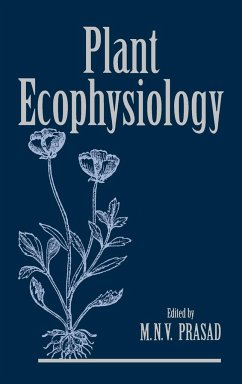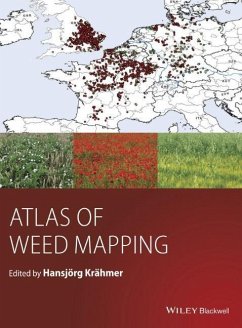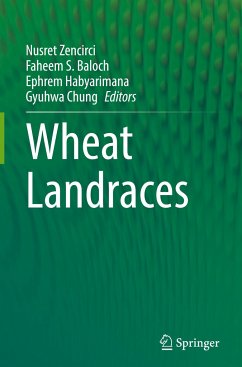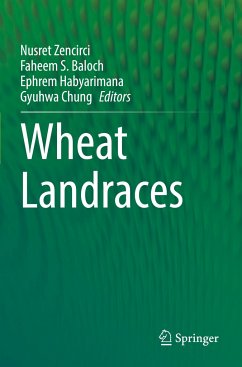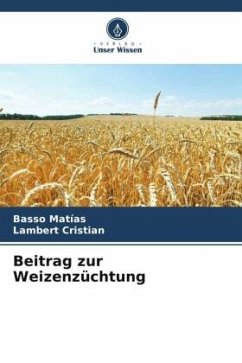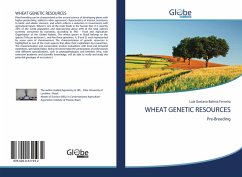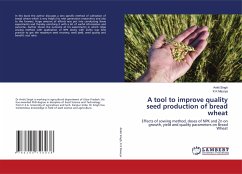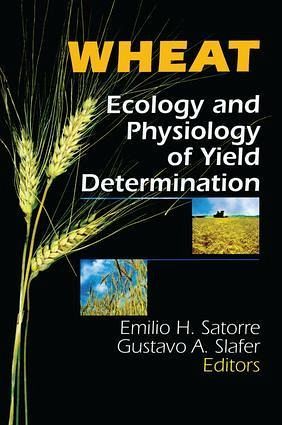
Wheat
Ecology and Physiology of Yield Determination
Versandkostenfrei!
Versandfertig in 1-2 Wochen
331,99 €
inkl. MwSt.
Weitere Ausgaben:

PAYBACK Punkte
166 °P sammeln!
Discussing the latest processes involved in researching yield generation, Wheat: Ecology and Physiology of Yield Determination will help you design various types of crop production systems for maximum yield. Featuring information on developing high-yielding, low-input, and quality-oriented systems, this book offers you both physiological and ecological approaches that will help you understand the crop as well as increase its production. Discussing aspects of wheat growth for specific regions around the world, Wheat provides you with information that will improve the size and quality of your crops, including: how temperature, vernalization, and the photoperiod affect the development of wheat using the correct amount of nitrogen fertilizers for wheat crops an explanation of the reproduction and nitrogen cycles of wheat how elements and conditions such as lipids, proteins, nitrogen, and climate enhance grain quality estimating and determining optimal sowing dates examining factors that may affect wheat yield-density relationships, such as planting arrangement and date of sowing preventing seed decay and examining effects of mildews and leaf blights examining historical trends of the crop to see what further research needs to be done You'll also receive information on the genetic gains in wheat research that are improving the physiological traits and numerical components of this essential grain. Within Wheat, you'll find data and methods from international experts in the field that will improve the yield and growth of the world's most important crop.





